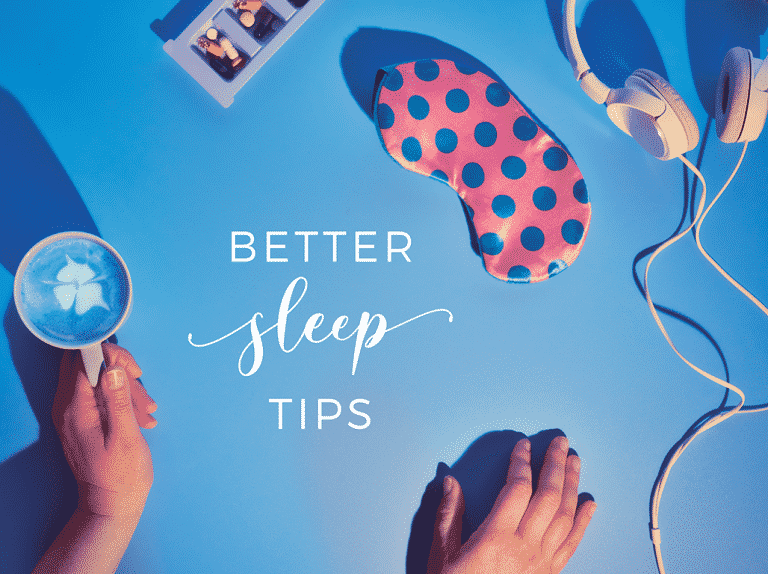These Self Care Tips Are Perfect Hygiene For Sleep
Self care for healthy sleep can make all the different right now when we’re all struggling with extra fear and worries. The benefits of sleep are well known. You have better mental and emotional health, an improvement in mood, increased alertness—that’s not even talking about the physical benefits. But right now, sleep is even more important because it lends itself to a stronger immune system. And of course, it’s vital in addiction recovery. All sleep is not equal, so we’ll talk about why healthy sleep is more than catching a few zzzs.
Sleep Problems Like These: Time To Start Getting The Healthy Sleep You Need
- Problems falling asleep
- Constant disturbances in the middle of the night
- Difficulty falling back to sleep
- Constant, nagging thoughts while trying to sleep
- Feeling exhausted in the morning
- Nightmares
- Lengthy hours of sleep with no satisfaction
These Self Care Ideas For Healthy Sleep Will Help
What is sleep hygiene? You may well ask. It’s the way you organize your sleeping habits. Do you have rituals? You should. The National Sleep Foundation defines sleep hygiene like this.
“A variety of different practices and habits that are necessary to have good nighttime sleep quality and full daytime alertness”
–National Sleep Foundation
7 Basic Tips To Achieve Healthy Sleep
1. Turn it off. Get off the phone, computer, tablet, TV—whatever you use. Turn it off at least two hours prior to going to bed.
2. Create a cave. Make sure your room is dark and cool. It’s important to eliminate any unnecessary lights that could disturb your sleep cycle. And don’t forget to cool down your room before heading to bed. No one likes waking up in the middle of the night to kick off sweaty blankets.
3. No silence? No problem. If you can’t sleep in total silence or there’s noise that you just can’t control, invest in a white noise machine. Don’t fall asleep to the TV or your favorite streaming app.
4. Cancel the caffeine. Limit or totally cut out mid-day caffeine. If you’re reaching for coffee after 3 in the afternoon, there’s a good chance it’ll keep you up at night.
5. Exercise early. Exercise in the morning instead of the evening. It’ll get your heart pumping and give you energy for the day.
6. Don’t stay up late. Do you have a bedtime? As elementary as it sounds, it helps you develop a better sleep routine.
7. Log your sleep. If you’re really struggling to have a good night’s sleep, note the times you wake and an estimate of how long they lasted. Log nightmares or stressful dreams. Write down what you did before heading to bed and see if you pick up on any patterns. Discuss this with your counselor, sponsor, or trusted friends in recovery.
Once your body and brain are used to a new routine, you’ll be surprised by how easy it is fall asleep and have a good night’s rest before you know it. Healthy sleep is important to a healthy recovery so take the time to figure out the best sleep hygiene for you.
Related reading
Sleepless Nights Mean Work Burnout
This Is How To Sleep Better and Banish Insomnia
Why you should install a bedroom ceiling fan.





















